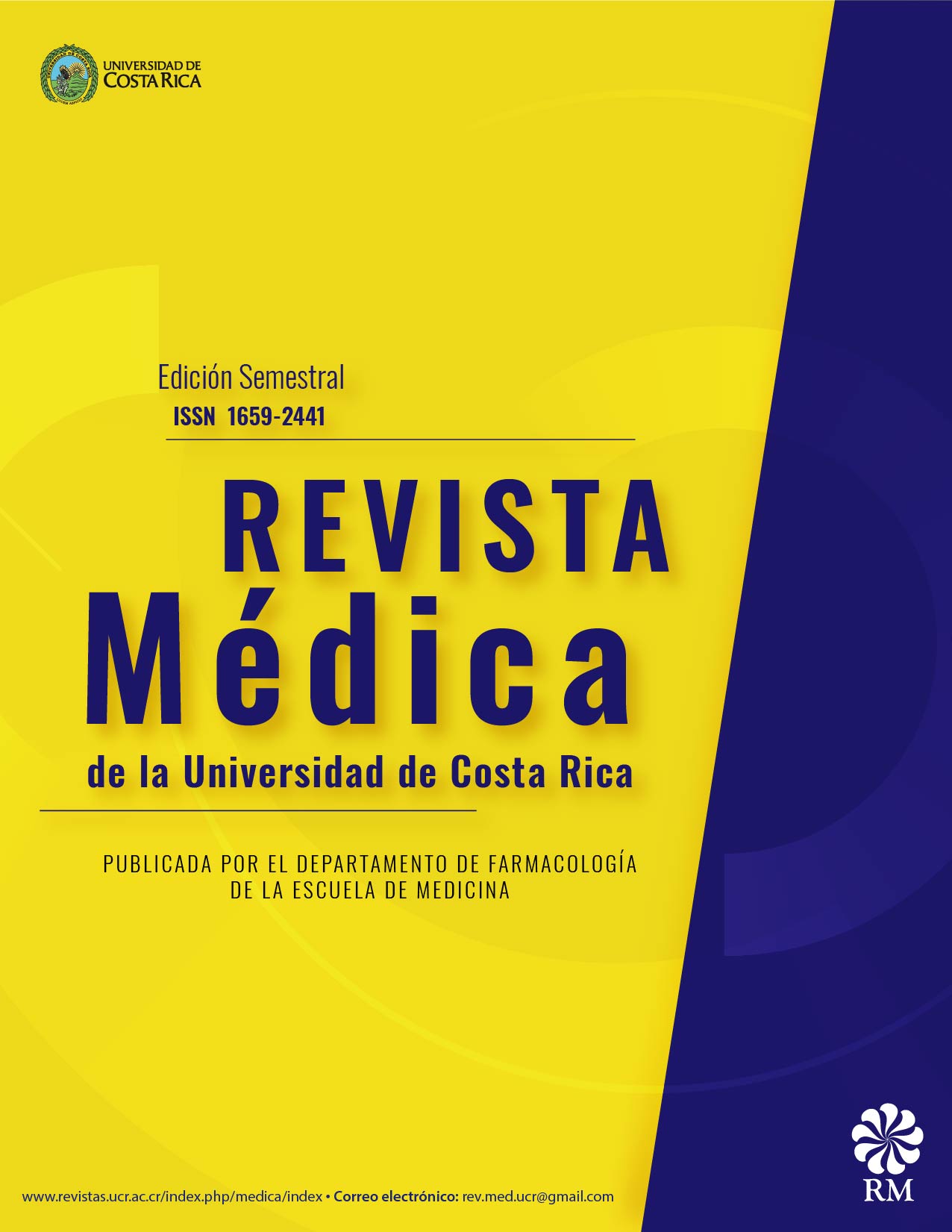Abstract
Meningococcal disease includes manifestations such as meningococcal septicemia and meningococcal meningitis, which are potentially deadly in the pediatric population. The objective of this study is to describe the epidemiological and clinical characteristics of the pediatric population diagnosed with meningococcal disease at a reference center in Cali, Colombia. Consequently, an observational, descriptive, cross-sectional, and retrospective study was developed between 2011 and 2019. Twelve patients were included in the study. With a median age at the time of diagnosis of 9 months old, mainly young infants (50%). At admission, 66.7% of the patients had no pathological history and 100% did not have a conjugated meningococcal vaccine. The most frequent symptom was fever, followed by altered consciousness. In conclusion, meningococcal disease continues to be a public health problem, with unspecific clinical behavior in the pediatric population, it is vital to identify the signs and symptoms early in order to provide a timely, and precise management, decreasing morbidity, mortality and neurological and physical sequelae.


